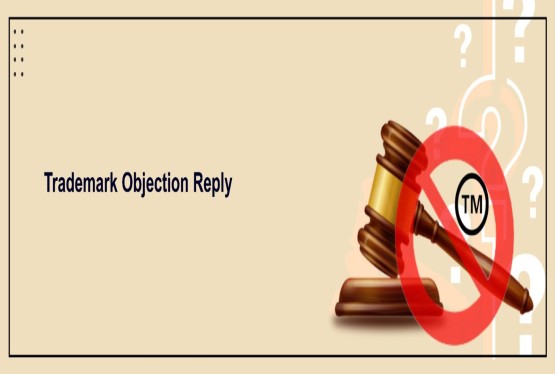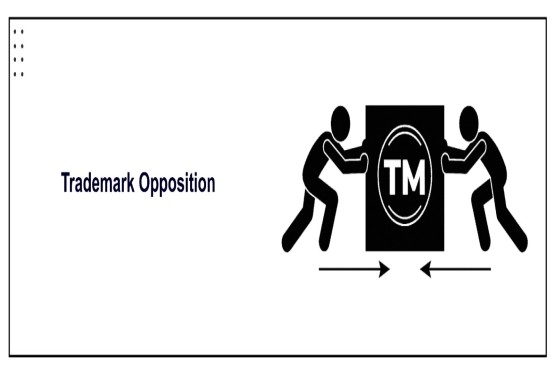The legal clash began when Mohammed Younus Sheikh, a Pakistani businessman, contested the validity of Jain's trademark registration in India. Sheikh alleged that his company had been using the ‘ELFY’ mark in Pakistan since 1981 and had built substantial market goodwill associated with the brand in that country. Based on these claims, he approached Indian authorities seeking the removal of Jain’s trademark from the Indian register. Sheikh’s challenge was based on the premise that the Indian registration was obtained in bad faith and that his prior usage in Pakistan should have been considered while granting trademark protection in India. He had initially succeeded in convincing the IPAB in 2012, which issued an order for cancellation of Jain’s trademark rights. However, Jain, a registered proprietor of the ‘ELFY’ mark in India, contested the IPAB’s order, arguing that his use of the trademark in India was independent and legitimate, and that he had lawfully acquired and used the trademark for adhesive products across Indian markets.
Delhi High Court’s Reasoning and Observations
While analysing the merits of the case, Justice Banerjee noted several important legal considerations. First and foremost, the court reiterated that Indian trademark law, governed by the Trade Marks Act, 1999, primarily protects registrations granted under its provisions unless there are clear and compelling reasons for cancellation. The court held that the IPAB’s earlier order lacked substantive justification and did not sufficiently account for Jain’s continued and legitimate use of the trademark within India. It also emphasized that mere existence of similar usage in another country—even with earlier adoption—does not automatically override a valid Indian registration unless it involves deceptive or mala fide conduct. Furthermore, the court considered the principle of territoriality in trademark law, which means that trademark rights are confined to the boundaries of each jurisdiction. Since Sheikh did not hold any registration or significant presence of the ELFY brand in India, his claims of goodwill built abroad could not prevail over a legitimate Indian registration. The court thus allowed Jain’s appeal and restored his exclusive rights over the ‘ELFY’ trademark, making it clear that established Indian businesses cannot be stripped of their rights based on unsubstantiated foreign claims.
Broader Significance of the Judgment
The Delhi High Court’s decision holds significant value for Indian enterprises that operate in trademark-sensitive sectors, such as manufacturing, pharmaceuticals, or consumer goods. It sends a clear message that Indian courts will uphold the sanctity of trademark rights granted under Indian law, especially when used consistently and in good faith within Indian territory. This case also highlights the increasing complexities of cross-border trademark disputes, particularly between neighbouring countries where brand names and product designs often bear similarities due to shared linguistic and cultural elements. The ELFY case serves as an important precedent, indicating that prior use in a foreign country cannot alone dictate the fate of an Indian registration unless the complainant proves intentional copying, confusion, or fraudulent intent.
Impact on International Trademark Enforcement
The outcome of this case reinforces the principle of registration-based rights in India, where protection flows from actual use and registration within the country, not from reputational claims abroad. This could influence other pending trademark conflicts where businesses from outside India challenge Indian firms over similar or identical marks. Moreover, the decision strengthens the resolve of Indian SMEs and manufacturers who may often face challenges from international entities seeking to disrupt their domestic operations based on foreign legal standings. It is also a reminder that proper registration, timely renewal, and evidence of commercial use of trademarks are key to defending intellectual property rights before courts or tribunals.
Legal Takeaways
-
Territorial Nature of Trademarks: Trademark rights are country specific. Foreign usage must be backed by Indian registration or proof of strong trans-border reputation to have legal bearing in India.
-
Good Faith Use Matters: If a trademark is being used in India for a long time and the proprietor has secured Trademark Registration, that right cannot be invalidated without strong reasons.
-
Burden of Proof: The party seeking removal of an existing registered trademark must provide substantial evidence of prior rights or bad faith by the registrant.
Conclusion
The Delhi High Court’s verdict reinstating Jain’s rights to the ELFY trademark not only brings closure to a prolonged legal tussle but also reaffirms the faith of Indian entrepreneurs in the country’s judicial and trademark protection systems. It sets a benchmark for how India will treat cases involving foreign claims against Indian trademark owners and gives legal certainty to businesses relying on registered intellectual property. As cross-border trade continues to rise, and markets become increasingly integrated, such rulings will guide future jurisprudence on the balance between domestic IP protection and international claims. For now, the ELFY trademark will remain Indian — a victory for local enterprise and legal clarity.






























_(b)_of_the_Trademark_Act,_1999_(1)_crop10_thumb.jpg)



_crop10_thumb.jpg)




























_crop10_thumb.jpg)
_crop10_thumb.jpg)






_crop10_thumb.jpg)








_crop10_thumb.jpg)



_crop10_thumb.jpg)





























_crop10_thumb.jpg)

















_crop10_thumb.jpg)






_crop10_thumb.jpg)












































































































































_crop10_thumb.jpg)




































_crop10_thumb.jpg)












_crop10_thumb.jpg)














































_crop10_thumb.jpg)








































































































